Le Parlement européen a approuvé une proposition d’assouplissement réglementaire pour certaines variétés de végétaux issues des « nouvelles techniques génomiques » (NGT). Ces « nouveaux OGM » utilisent une kyrielle d’outils, comme les ciseaux moléculaires Crispr-Cas 9, pour éditer et modifier le matériel génétique des plantes afin de leur conférer des qualités nouvelles gustatives,
Plus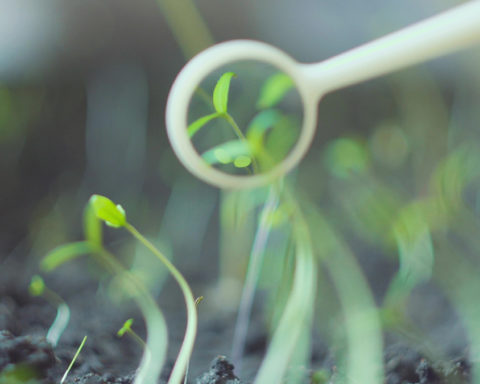
On Wednesday July 5, the European Commission proposed to review its rules on genetically modified organisms (GMOs) in order to lift restrictions on certain plants derived from new genomic techniques such as CRISPR. The European executive explains that the 2001 GMO Directive is no longer "adapted" to these biotechnologies, which allow the use of genetically modified organisms.
Plus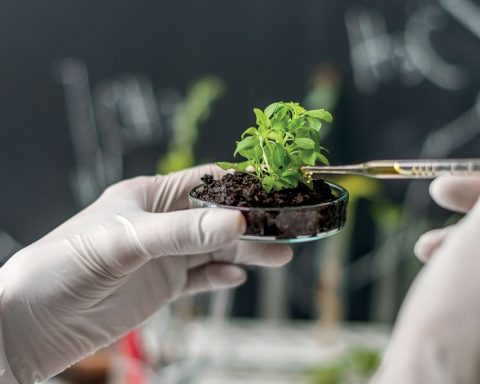
En pleine 15e Conférence des Nations unies sur la biodiversité (COP15), plusieurs dizaines de scientifiques et experts du monde entier appellent les dirigeants internationaux à interdire la diffusion dans la nature d’organismes modifiés par des biotechnologies génétiques, Depuis le 6 décembre, la COP15 réunit à Montréal près de 5.000 délégués
Plus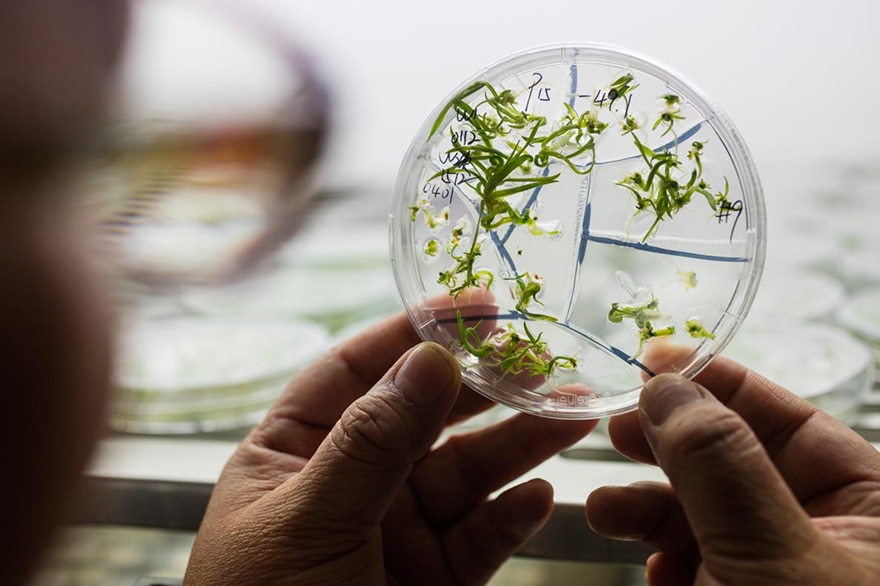
For years, the European Union has imposed some of the world's strictest restrictions on genetically modified agriculture. This could be about to change. Europeans have experienced their worst summer ever in terms of drought. Rivers such as the Loire have dried up, the
Plus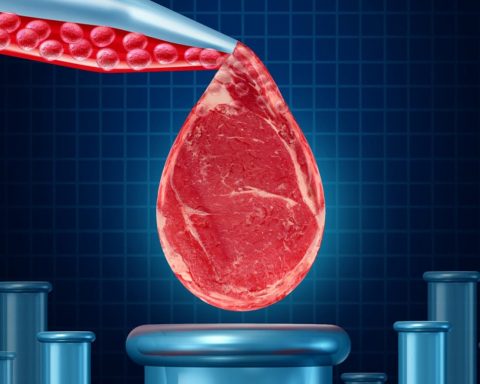
Les catastrophes climatiques, les retombées de la pandémie et la guerre en Ukraine constituent une triple combinaison toxique pour la sécurité alimentaire. Un récent rapport mondial a estimé que le nombre de personnes en crise alimentaire a doublé depuis 2016. Le problème est exacerbé par l’augmentation des coûts des engrais
Plus
Fruits et légumes «made in space». Les dérèglements climatiques produisent des effets que l’on peut déjà observer sur notre planète : sécheresse, désertifications, épisodes météorologiques extrêmes… Autant de catastrophes qui ont un impact direct sur l’agriculture et l’approvisionnement alimentaire d’une bonne part de l’humanité. Face à ce désastre annoncé, des
Plus
Aujourd’hui en France, et contrairement à ce que l’on peut croire, l’agriculture représente l’un des secteurs les plus connectés. Très dépendante de la météorologie, l’agriculture doit se réinventer. Victimes du réchauffement climatique et de la crise sanitaire, de grands enjeux attendent désormais les agriculteurs dans le futur : entre nouvelles
Plus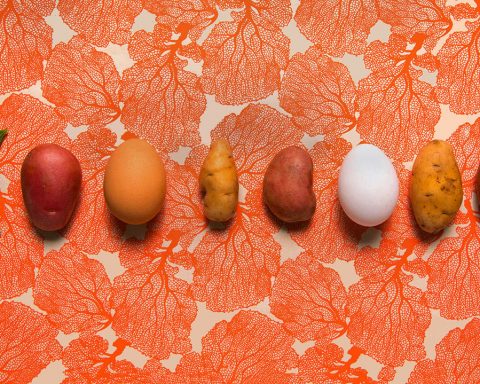
How do you protect crops from diseases, insects and other pests when pesticides have a serious sulphur smell? Scientific research proposes to modify plants using genetic editing resources. Biotechnology advocates swear that these modified plants are not GMOs and
Plus
A group of German Green MEPs supports the use of genetic engineering techniques, which they believe could make a significant contribution to sustainable development. This is a novel approach that runs counter to the position that environmentalists usually take on this subject. In a forum on 10 June, the 22 signatories - who
Plus
Biotechnological risks, access to and sharing of the benefits of biodiversity: these are the issues at stake at the United Nations Conference on Biodiversity (COP14, COPMOP3 and COPMOP9 ), which is being held in Sharm el-Sheikh, Egypt, from 17 to 29 November 2018. Decision-makers from more than 190 countries are expected to
Plus
The scientific-economic-judicial battle has been raging for ten years. Are organisms (plants or animal species) modified by genetic engineering tools such as CRISPR GMOs or not? The Court of Justice of the European Union has just handed down its verdict, which will henceforth set a precedent: organisms modified by
Plus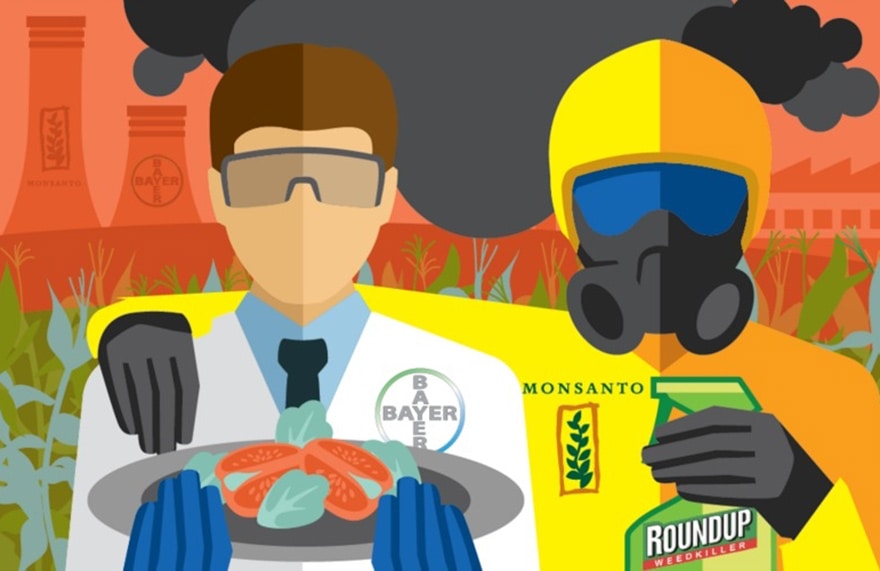
After the approval of the European Union, it is now the turn of the American justice system to validate the marriage between two giants: the American pesticides and seeds giant Monsanto and the German chemicals conglomerate Bayer. A union sealed for the astronomical sum of 66 billion dollars. Plant protection products, seeds,
Plus
Yi Li is a professor in the Department of Plant Science at the University of Connecticut. He is a world-renowned specialist in plant physiology, biotechnology and breeding. Author of an impressive number of scientific papers, he has developed several notable transgenic technologies such as the development of fruit
Plus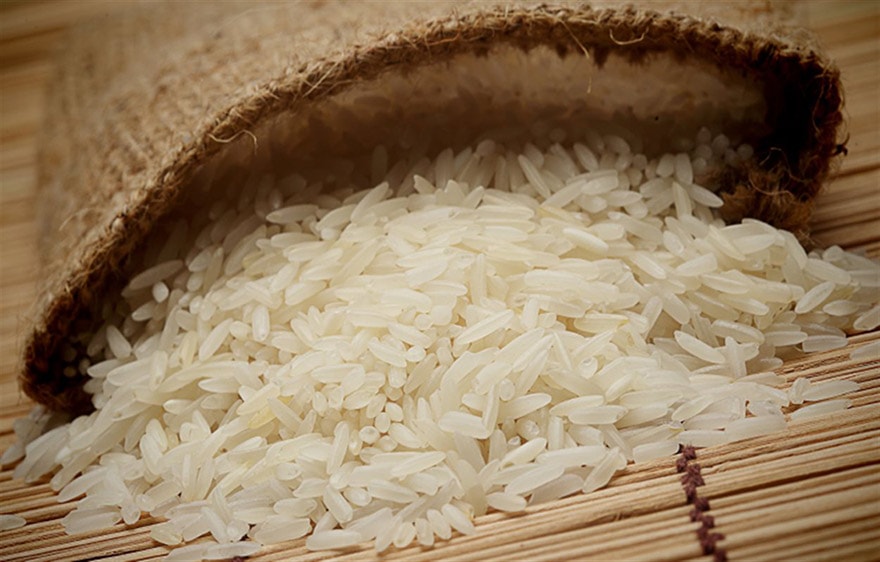
Chinese scientists are not always bothered by ethical issues and are forcibly moving forward with genetic editing. The molecular scissors CRISPR no longer holds any secrets for them and they use it without complex to transform living organisms. This is what a team of scientists has just achieved by modifying the molecular scissors CRISPR.
Plus
The next food on your plate will be genetically modified, but it will not be a GMO in the conventional sense. It will have been modified using CRISPR, a new technique that allows scientists to fine-tune the DNA of a plant to give it a better taste,
Plus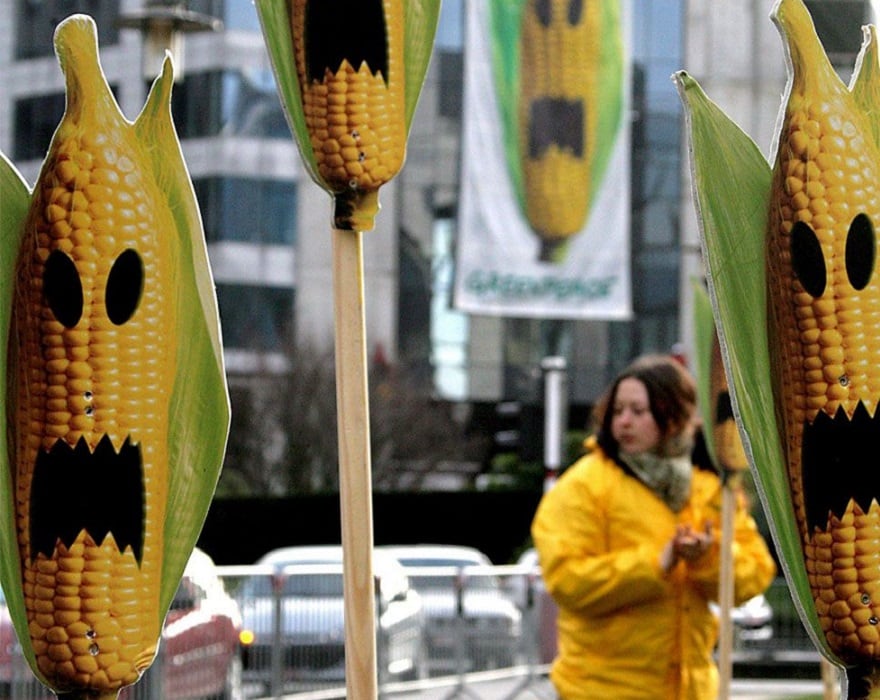
GMO crops took the world by storm in 2016, after marking time for the first time in 2015, with an increase of 3% in planted area to 185.1 million hectares in 26 countries around the world. This is according to a report by the ISAAA (International Service for Agricultural Research and Development).
Plus
In Burkina Faso, Monsanto's days are numbered. The multinational is withdrawing from the country. The introduction of its GMO cotton in 2009 did not really go as planned: presented as a miracle solution to pest attacks, the new variety ended up mainly destroying the quality and the quality of the cotton.
Plus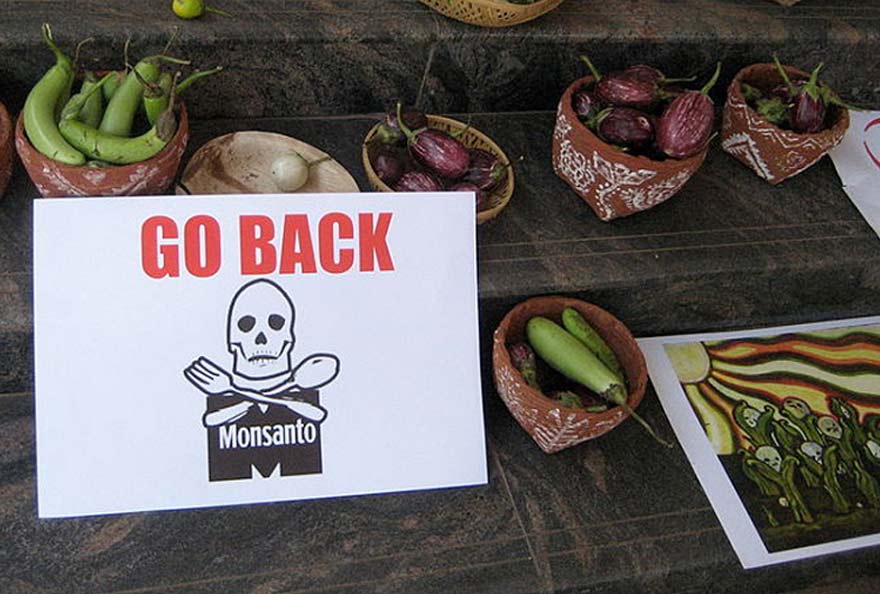
"The lawsuit that opens today is fictitious, but the law is real! "Corinne Lepage, who opens the two days of the Monsanto Tribunal in The Hague on 15 and 16 October, explains the scope of the legal exercise. "To ask questions in law because the law is insufficient to
Plus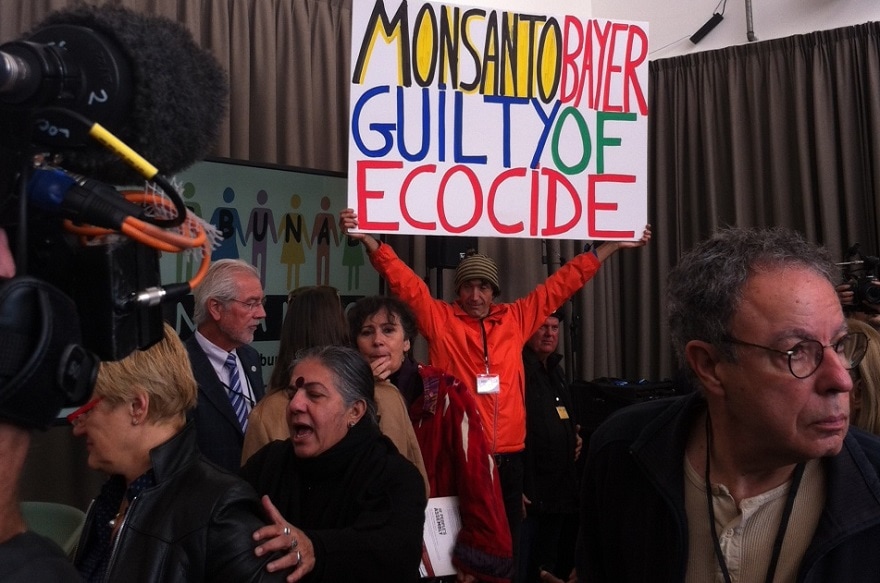
From 14 to 16 October 2016, the Monsanto Tribunal, an international civil society mobilization of historic proportions, will expose Monsanto's toxic products and the crimes attributed to this company against human health and the environment. Five eminent experts will be called upon to judge the multinational company.
Plus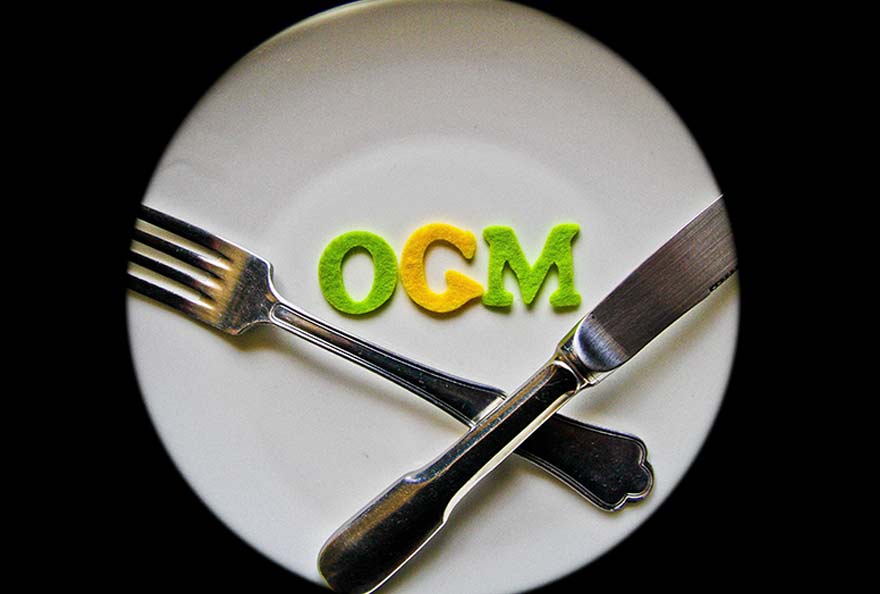
Les nouvelles techniques génétiques prennent toutes sortes de noms au gré des intentions de chacun : NBT (New breeding techniques), OGM ou OGE (organismes génétiquement édités) … Toujours est-il qu’elles présentent les mêmes propriétés que les OGM (résistance aux herbicides ou aux insecticides notamment), mais échappent à leur cadre règlementaire.
Plus

